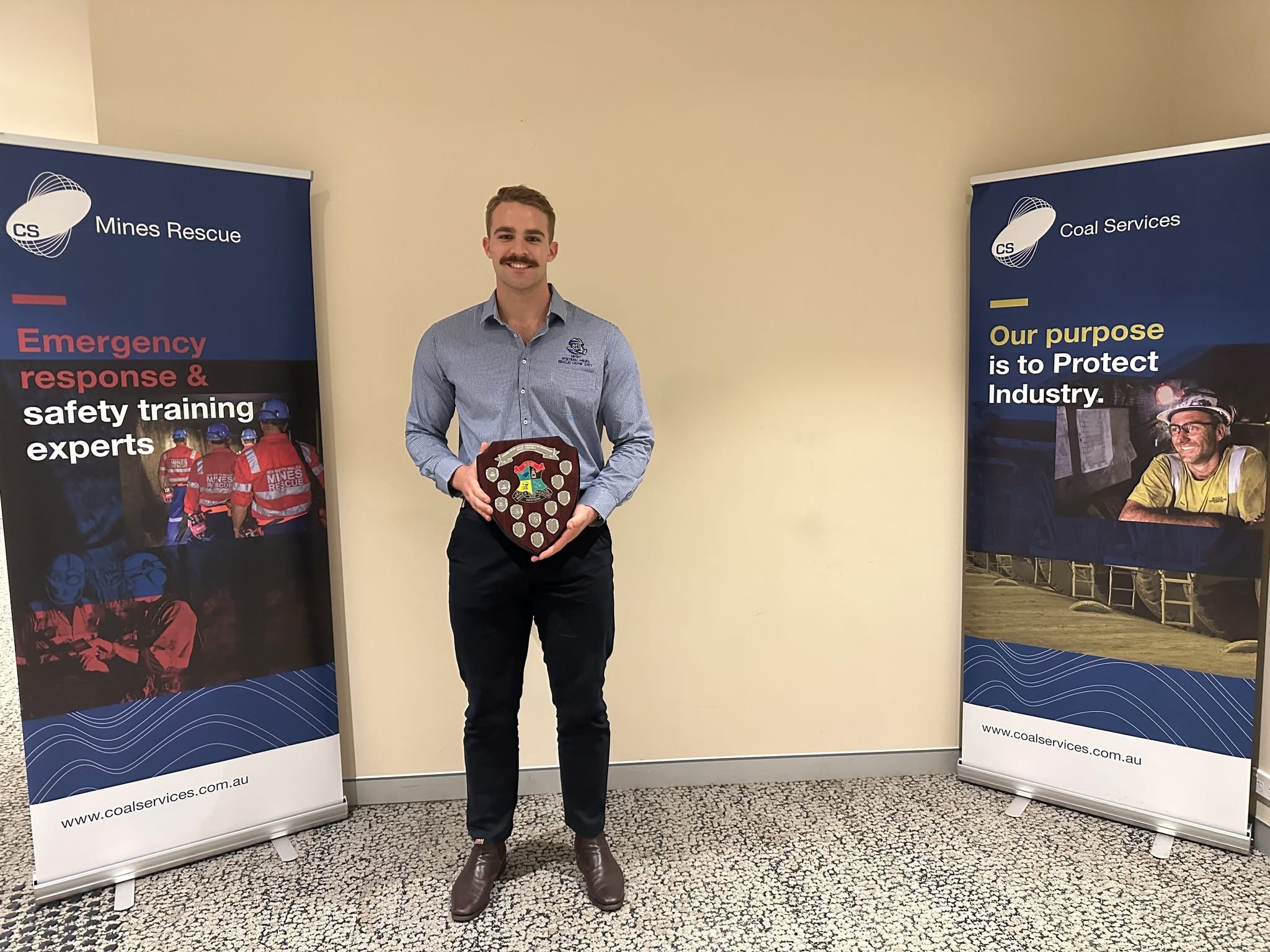How mining engineering students will power Australia’s clean energy future
As mining evolves, innovation in universities is critical to achieving Australia’s net zero target.
September 9, 2025
Australia’s push towards net zero cannot happen without mining. From the copper and rare earths needed for wind turbines to the lithium that powers electric vehicles, every step of the renewable energy transition relies on resources beneath the ground.
At the University of ÌìĂÀŽ«Ăœapp (ÌìĂÀŽ«Ăœapp), mining engineering is evolving to meet this challenge. The program has a long history of producing highly skilled graduates, and today it is positioning itself at the heart of Australia’s clean energy transformation.
, a globally recognised mining expert, says the connection between mining and clean energy is often misunderstood.
“Mining is the foundation of renewables,” he says. “Without mining, we simply would not have the materials needed for solar panels, wind turbines or batteries. Our role at ÌìĂÀŽ«Ăœapp is to prepare graduates who can deliver these resources in ways that are safe, sustainable and responsible”
Modernising mining education
This year, ÌìĂÀŽ«Ăœapp secured $1.25 million funding from the NSW Minerals Council to modernise its mining engineering program. The funding is set to boost teaching, research, scholarships and outreach activities, ensuring that graduates are ready for the rapidly changing demands of the industry.

Professor Ren calls the investment “timely and critical”. He says it will allow ÌìĂÀŽ«Ăœapp to recruit new academic staff, strengthen industry engagement and update the curriculum with areas such as digital mining, automation and AI-driven design.
“These are the skills future engineers need if they are to help Australia achieve its sustainability goals,” he says. “We are building a program that not only meets the needs of today but anticipates the demands of the future.”
The funding will expand scholarships and career support for students, while continuing ÌìĂÀŽ«Ăœapp’s strong links with industry. Initiatives such as careers dinners, industry nights and joint student projects aim to connect students with potential employers well before they graduate.
Putting mining into practice
For recent graduate Zack Oswald, the transition from ÌìĂÀŽ«Ăœapp to industry was seamless. Now working as a mining engineer with Whitehaven Coal in Narrabri, Zack says the practical focus of his degree prepared him for the realities of modern mining.

“What makes ÌìĂÀŽ«Ăœapp stand out is how practical the program is,” he says. “By the time I started full-time work, I already knew what to expect because we’d had so much exposure to site visits, industry projects and lectures from senior engineers. That kind of preparation is second to none.”
Zack was first drawn to mining after a conversation with a ÌìĂÀŽ«Ăœapp lecturer during his first year of study. The combination of career opportunities, problem-solving and the chance to work in a field critical to Australia’s future convinced him to switch into mining engineering.
He also credits the strong industry links promoted by ÌìĂÀŽ«Ăœapp with setting him up for success. “Most of us had vacation work or graduate roles lined up before finishing. That’s a huge advantage when you’re starting out,” he says. “The student mining club and professional bodies have built real connections with companies across the country, and that creates opportunities.”
Mining and the road to net zero
Both Professor Ren and Zack agree that mining and renewable energy are not competitors but partners in the clean energy transition.
“The industry is changing fast,” Zack says. “Electrification, automation and decarbonisation are big priorities. Mining engineers are right at the centre of that shift and it’s exciting to see companies making serious investments to reduce emissions and innovate.”
Professor Ren points out that environmental responsibility is now a core part of how the industry operates. “Mining is no longer just about extraction. It’s about doing things responsibly, with environmental safeguards and sustainable practices. That’s why our graduates are so important – they carry that mindset and learning into the workforce.”
For Zack, being part of this transformation is personally rewarding. “It’s motivating to know that the work I’m doing today will help Australia and the world become more sustainable. Mining is often seen as old-fashioned, but in reality it’s essential to building a cleaner future.”